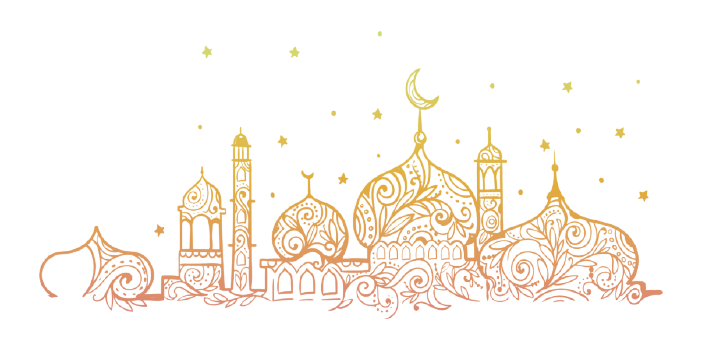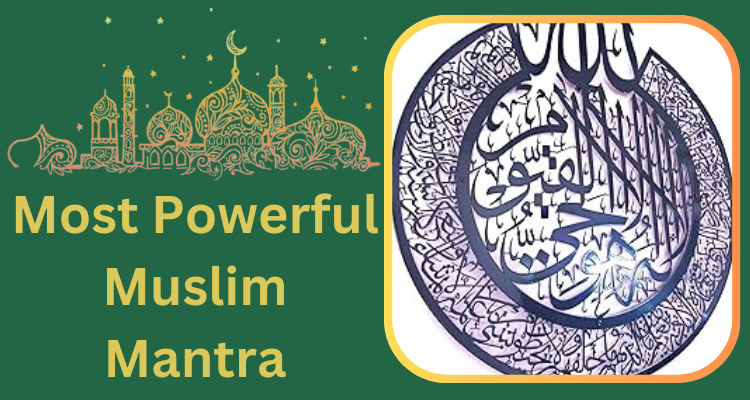The term “mantra” often conjures images of Hindu or Buddhist chants, laden with mystical syllables and promises of worldly power. However, the concept of repeated invocation and remembrance holds significant value in Islam as well. While the word “mantra” itself isn’t used in Islamic traditions, the practice of reciting powerful phrases from the Quran and supplications (duas) bears striking similarities.
Words Imbued with Divine Power:
Muslims believe the Quran is the literal word of God, revealed to Prophet Muhammad (ﷺ) through the angel Gabriel. Every verse holds immense significance, embodying divine wisdom and guidance. Reciting Quranic verses, pondering their meanings, and incorporating them into daily life is considered a powerful form of worship and spiritual connection.
Popular Quranic Chants:
- Ayat al-Kursi (Verse of the Throne): This verse from Surah Al-Baqarah (2:255) describes God’s sovereignty and power over all creation. It’s often recited for protection, blessings, and strengthening faith.
- Surah Fatiha (The Opening Chapter): This fundamental chapter declares dependence on God and seeks guidance on the righteous path. It’s recited in every prayer and serves as a cornerstone of Islamic practice.
- Surah Ikhlas (The Declaration of Oneness): This short chapter emphasizes God’s absolute oneness and uniqueness. It’s recited for clarity of belief and protection from shirk (associating partners with God).
The Power of Dua:
Duas are personal supplications directed towards God, seeking His help, guidance, and blessings in all aspects of life. The Quran and Hadith (sayings of Prophet Muhammad) provide numerous duas for various needs, from seeking forgiveness to attaining success.
Beloved Duas:
- Dua Qunoot: This dua, recited during the standing posture of prayer, seeks God’s guidance, forgiveness, and victory.
- Dua for Morning and Evening: These duas express gratitude for God’s blessings and seek His protection throughout the day.
- Dua for Specific Needs: Numerous duas exist for specific situations like seeking knowledge, healing from sickness, or finding a spouse.
Beyond Words: The Essence of Remembrance
The true power of these “mantras” lies not in mere repetition but in the underlying intention and sincerity. Reciting Quranic verses or duas mindlessly won’t unlock any magical powers. The key lies in:
- Understanding the meaning: Deeply contemplating the words and their implications fosters a deeper connection with God and His message.
- Sincere belief: Reciting with conviction and faith strengthens trust in God’s power and benevolence.
- Presence of heart: Focusing attention on the words and their connection to God creates a profound spiritual experience.
Remember, these invocations are not shortcuts to worldly desires but tools for spiritual growth and strengthening one’s relationship with God.
Additional Points to Consider:
- Authenticity: Ensure the Quranic verses and duas you recite are accurate and verified.
- Respectful recitation: Maintain proper etiquette while reciting, such as cleanliness, humility, and avoiding distractions.
- Consistency: Regular recitation, even if brief, is more beneficial than occasional, lengthy sessions.
- Action over Words: Remember, dua is a form of communication with God, not a substitute for action. Strive to align your actions with your supplications.

